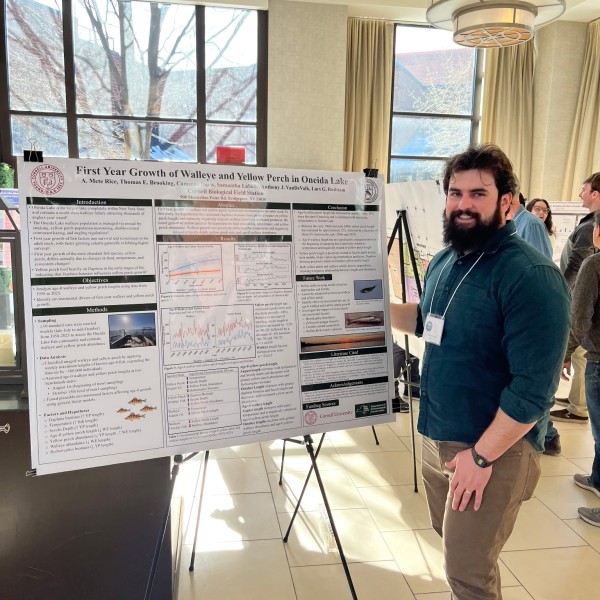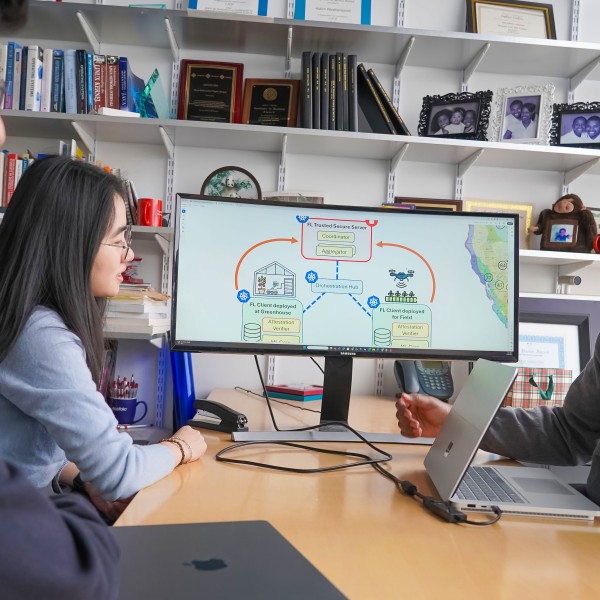The students work in small groups and serve as consultants for local industry partners already receiving support from the Cornell Food Venture Center.
When COVID-19 prompted the switch to remote learning and students no longer had access to the kitchens and labs in Stocking Hall, they found new ways to support their industry partners from home. Some groups helped write grant proposals, and others evaluated safety hazards involved in product development.
“I am really impressed with, and touched by, what they were able to do,” said Bruno Xavier, course instructor and senior extension associate in the Department of Food Science. “We [still] developed kombucha, pesto, cookies, and beer and chocolate made with maple syrup.”
Xavier said that one of the most interesting projects was proposed by the Cornell Maple Program, in which students set forth to develop a maple beer, and Allyson Wentworth ’20 ended producing 36 different types from her own home.
“We had purchased a home brewing kit for my dad for Christmas, and this was the perfect opportunity to finally use it,” Wentworth said. “Being able to spend time brewing the maple beers with my family was a really great experience.”
She said it felt exciting to develop a successful beer formula that could be shared with brewers across New York state and used to promote the local maple industry.
However, not all of the students had the equipment they needed to complete their intended projects from home, and Xavier encouraged students to negotiate new plans with their industry partners. He said that this experience was a reminder of the challenges that students will inevitably face when they become professionals — including leading teams through unexpected circumstances and learning to identify what success looks like in real-world scenarios.
“We are humbled by how students provided services to Stony Brook WholeHeartedFoods with professionalism and creativity even in the face of adversity,” said Kelly Coughlin, who co-owns Stony Brook WholeHeartedFoods with her husband, Greg Woodworth. “Working with them was like having our own consultant team.”
Thanks to students’ guidance, Coughlin and Woodworth were able to meet the food safety requirements they needed to develop a new type of flour made from butternut squash seeds.
“For me, the biggest success as an instructor is to see students standing up, dealing with frustration and proposing a way to move forward,” Xavier said. “It is reflected in the projects they completed with adapted techniques in their homes while reaching out for support in these very unusual circumstances.”
Students received additional support from Olga Padilla-Zakour, professor and director of the Cornell Food Venture Center, Randy Worobo, professor of food science, Gavin Sacks, professor and associate chair of the Department of Food Science, Carl Batt, professor of food science, and Alireza Abbaspourrad, the Yongkeun Joh Assistant Professor of Food Chemistry and Ingredient Technology.
Erin Rodger is senior manager of marketing and communications at Cornell AgriTech
Header image: 35 students participated in the capstone course taught by Bruno Xavier and are shown in this zoom class meeting screen. Photo provided







